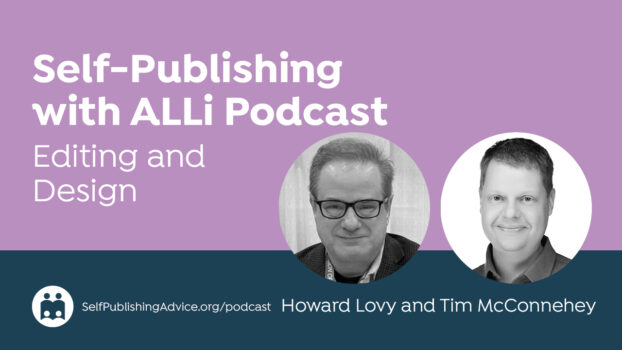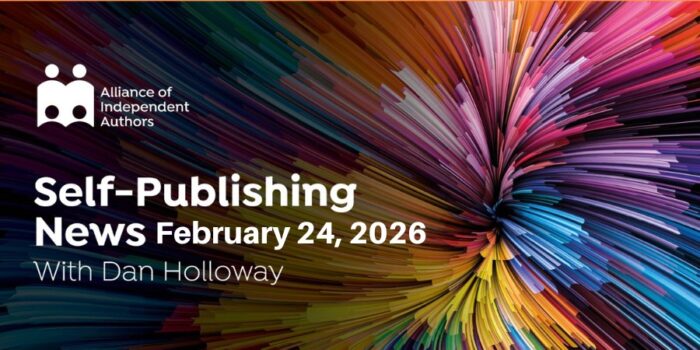The case of publishing against the Internet Archive has come to an end. The story could be summed up, to continue the literary allusions, as a tale of two blog posts. For the Internet Archive, this is the worst of times. Their comment on the closing of the legal chapter against them is short and melancholy. At the heart of it is a simple statement, referring to September’s decision upholding the complaint in Hachette v. Internet Archive: “The Internet Archive has decided not to pursue Supreme Court review.”

ALLi News Editor, Dan Holloway
On the other side of the case, for the Association of American Publishers, this was the best of times. Their statement is suitably effusive.
The Case Against Controlled Digital Lending
For those needing a quick recap, here’s the core of the dispute. At the heart of Hachette v. Internet Archive is the activity of Internet Archive’s subsidiary, The Open Library, and specifically the way it obtained and then lent digital copies of books. Much of this occurred by acquiring physical copies of books and scanning them. To many publishers, this was anathema because they consider each medium to have separate rights. Buying a physical book does not grant the rights to an ebook.
Open Library claimed that its policy of “controlled digital lending” (CDL) addressed the rights issue. CDL tied ebooks to physical books in a one-to-one mapping: if Open Library owned one physical book, which it had scanned to produce an ebook, it would lend out only one electronic copy (and not the physical book).
A series of court rulings upheld the publishers’ complaint, agreeing that Open Library’s activities constituted copyright infringement and that CDL did not provide legal mitigation. The last legal option available to the Internet Archive would have been to file with the Supreme Court by December 3. As their blog post indicates, that deadline passed with no action taken, meaning the ruling now stands.
AAP Celebrates a Legal Milestone
The Association of American Publishers (AAP) sees this as a landmark victory. The title of their blog post reflects their sentiment: “AAP Celebrates Final Victory in Infringement Case Against Internet Archive.” They conclude with the statement: “Publishers have achieved a decisive and broadly applicable victory for authors’ rights and digital markets.”
Publishing Perspectives also noted the confidential payout to the publishers involved in the case, which, based on the wording of the AAP’s post, appears to go beyond simply covering legal fees. Given the stated objective in this last quotation, one final question remains: How much of that settlement will trickle down to the authors on whose behalf the case was ostensibly fought?
Thoughts or further questions on this post or any self-publishing issue?
 If you’re an ALLi member, head over to the SelfPubConnect forum for support from our experienced community of indie authors, advisors, and our own ALLi team. Simply create an account (if you haven’t already) to request to join the forum and get going.
If you’re an ALLi member, head over to the SelfPubConnect forum for support from our experienced community of indie authors, advisors, and our own ALLi team. Simply create an account (if you haven’t already) to request to join the forum and get going.
Non-members looking for more information can search our extensive archive of blog posts and podcast episodes packed with tips and advice at ALLi's Self-Publishing Advice Center.




